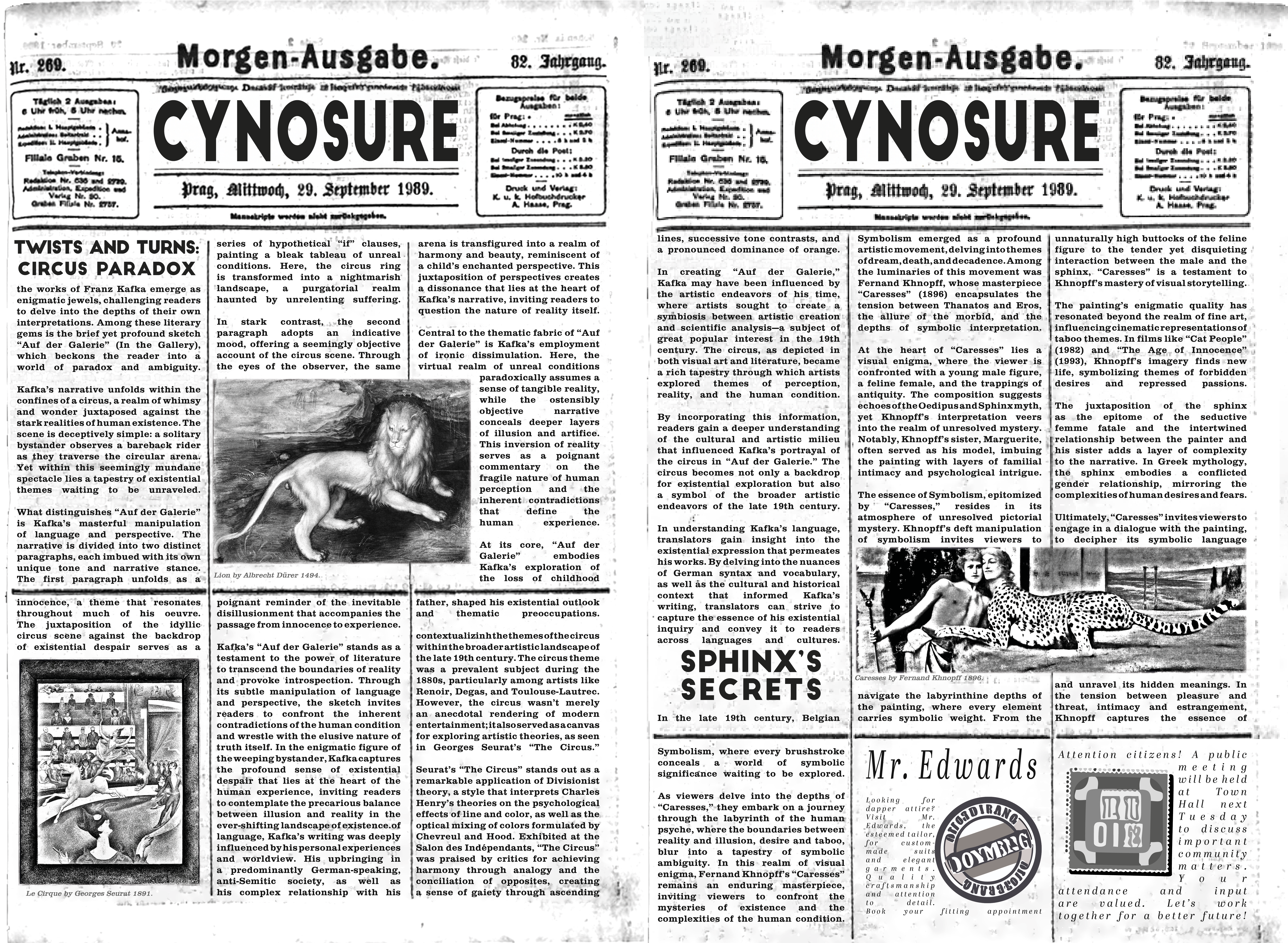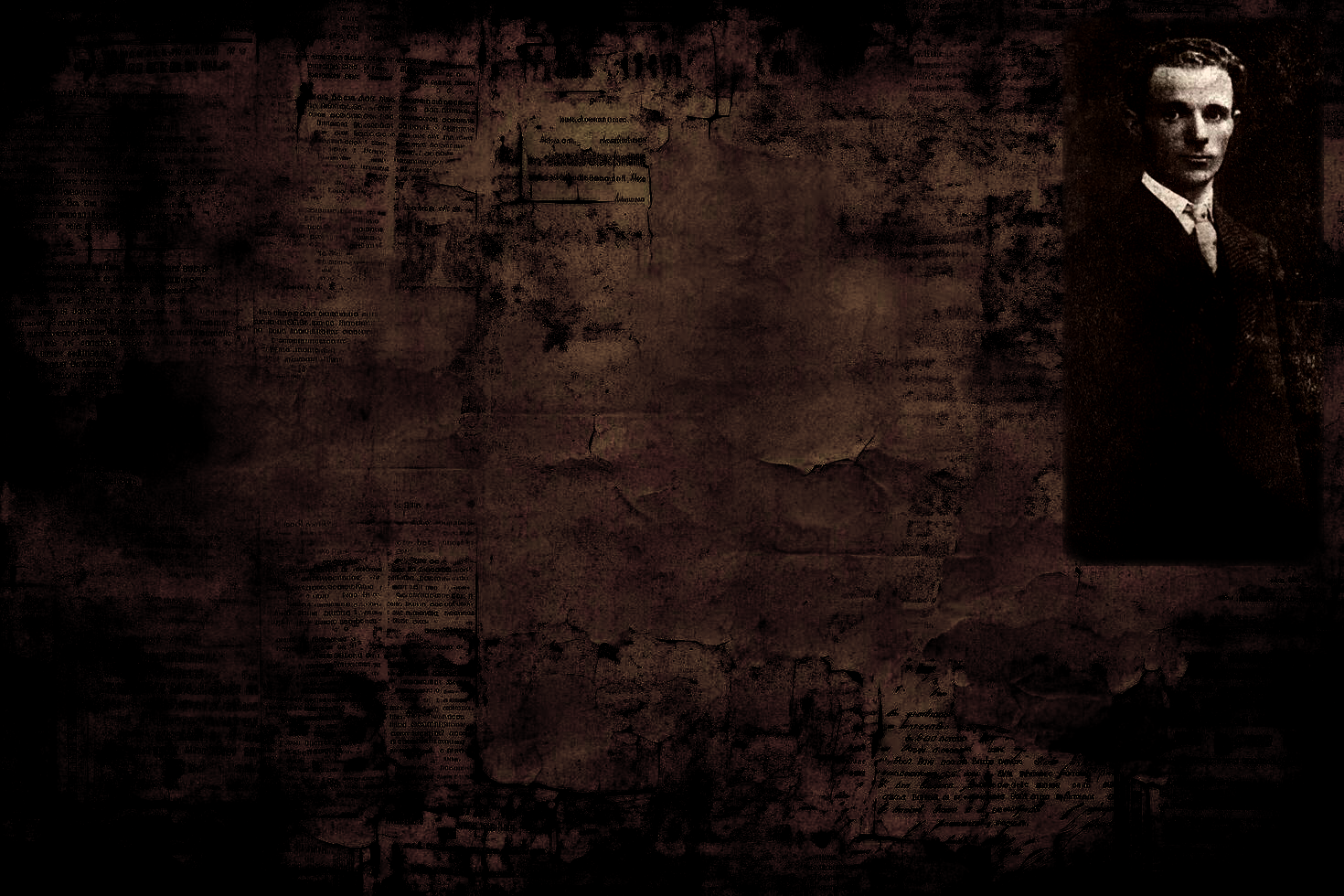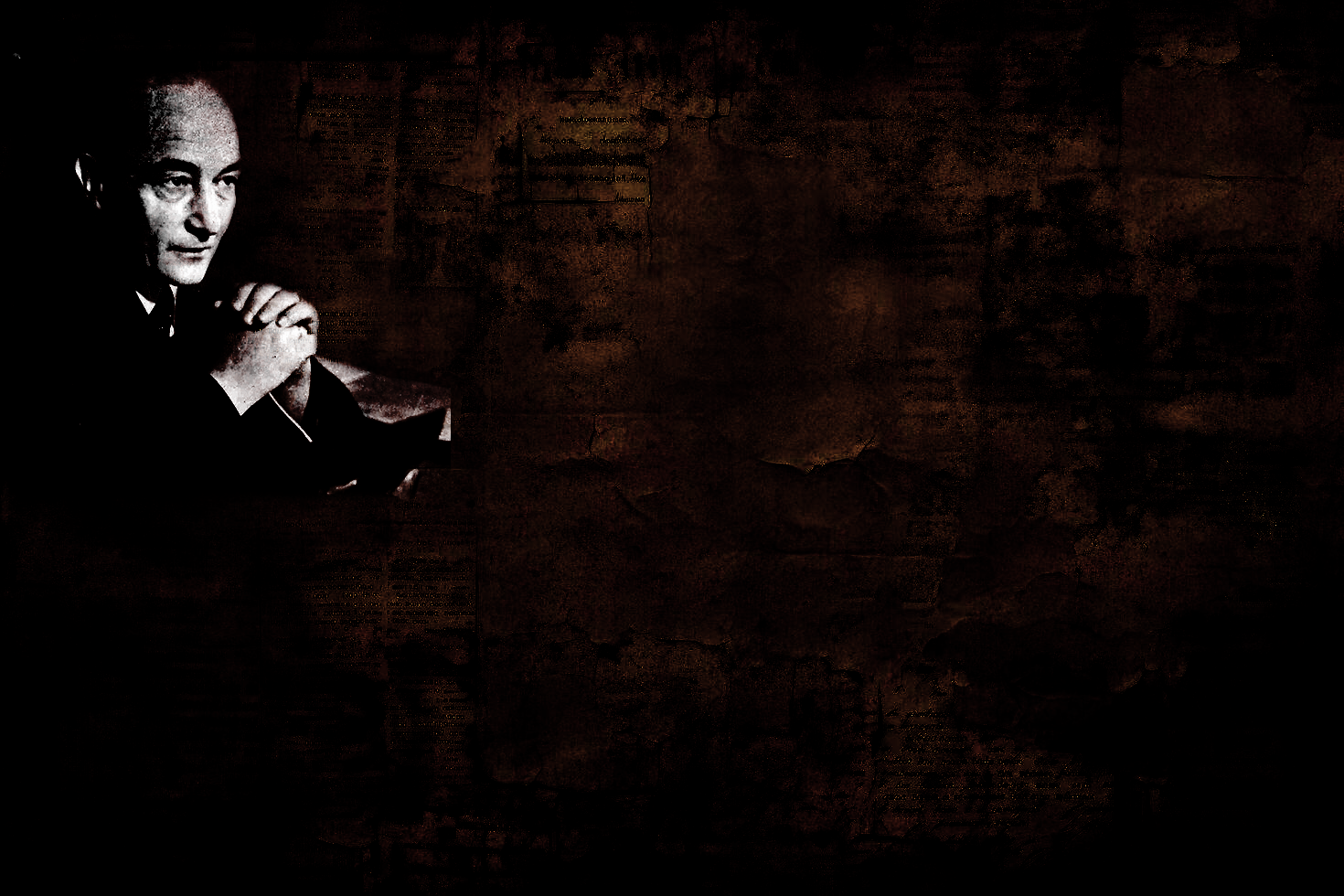

Jizchak Löwy
In the year 1911, Kafka’s inquisitive spirit led him to the dimly lit confines of Café Savoy, where the melodies of Yiddish theatre cast a spell upon his soul. Despite the raised eyebrows of his peers and the silent disapproval of his father, Kafka found himself enraptured by the performances of Löwy and his troupe. Their tales of life and longing spoke to his qualms of identity and self-realisation. In Löwy’s passionate portrayal of Jewish life in Poland, Kafka was introduced to a culture that had been taken away from him by the tightening grip of a milieu formed in extreme prejudice. Their conversations, held in the hushed corners of the café, became a place of shared contemplation and discussion, where Kafka’s introspective musings met Löwy’s steadfast devotion to the stage. This further encouraged Kafka to engage with Yiddish culture in his works, even reconstructing the German language in his articles to represent the linguistic style of the Yiddish language.
As Kafka’s interest in Yiddish theatre deepened, he found himself drawn not only to the performances themselves but also to the vibrant community that surrounded them. He organised evening readings of Yiddish literature, his trembling voice betraying his own struggles with stage fright. Yet, in the warm embrace of Löwy’s friendship, Kafka found solace and inspiration. For Löwy, Kafka’s presence brought a newfound sense of purpose to his artistic endeavours, infusing his performances with a depth of emotion and nuance previously unseen. In Kafka, Löwy found a kindred spirit. Together, they delved into the heart of Yiddish culture, literature, and theatre, and mused on the timeless themes of love, loss, and longing that echoed across their generation and the ones before them.
Their friendship was not without tribulation, however. Kafka grappled with the weight of familial expectation and societal judgement against Yiddish culture, his own father’s extreme disapproval being one of many inhibitions Kafka faced while trying to embrace his heritage. His father tried hard to distance himself from his Yiddish heritage, seeing it as inferior to the German identity he had shaped while growing his success as a business entrepreneur. Kafka confronted the tension between his upbringing and his newfound community, traversing the tightrope between filial duty and unravelling his newfound identity ushered in by the discovery of a forsaken heritage.
This is mostly a work of fiction. Names, characters, places, and incidents either are the product of the author’s imagination or are used mostly fictitiously. Any resemblance to actual persons, living or dead, events, or locales is mostly incidental.






